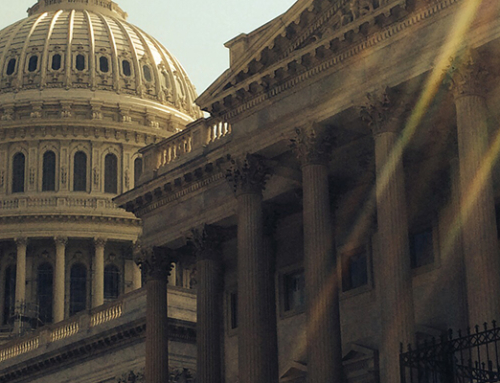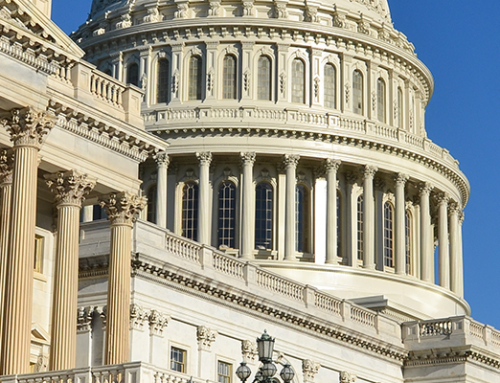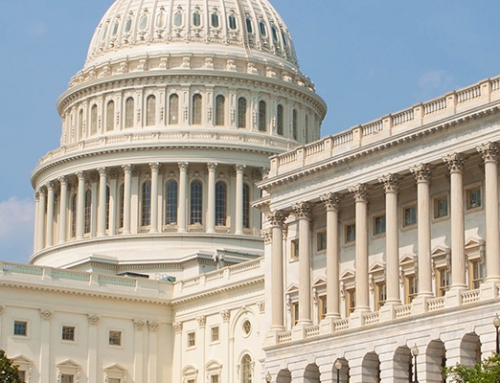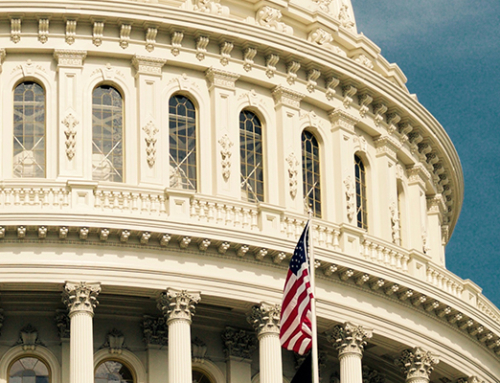Miami-Dade County Circuit Court Judge Jorge E. Cueto issued an opinion on August 13th declaring that Florida’s exclusive remedy statute was facially unconstitutional (see attached). In a wide ranging opinion the judge reviews federal and state court cases going back to 1917. The decision responds to a request for declaratory relief from intervenor parties Florida Workers’
Advocates (FWA) and Workers’ Injury Law & Advocacy Group (WILG).
The court concluded (paraphrasing)
The U.S. Supreme Court requires workers’ compensation benefits to be “significant” if the exclusive remedy is to pass muster under the 14th Amendment to the U.S. Constitution (Due Process).
The Florida Supreme Court has opined that the legislature is without the power to repeal a category of benefits available at the time of the adoption of the 1968 Florida Constitution without providing for a reasonable replacement.
The Florida legislature has repealed numerous classes of benefits since 1968, including permanent partial disability, without replacing any of them with equivalent benefits.
The Florida Act, after October 1, 2003, no longer provides any benefits for permanent partial disability.
The Florida Workers’ Compensation Act, as amended effective October 1, 2003, does not provide a reasonable alternative remedy to the tort remedy it supplanted. It therefore cannot be the exclusive remedy and Section 440.11 is constitutionally inform and invalid.
The decision at this point is only a declaratory judgment of this judge in the Miami-Dade County Circuit Court and is specific to argument about the Florida statute and recent amendments. Not included in the conclusion, but also noted in the opinion was the fact that the repeal of the option of employees and employers to opt out of the state WC system and the change in Florida from a contributory negligence state law to a comparative negligence state were reasons why the exclusive remedy provision was no longer an adequate trade for other optional remedies.
The Florida Attorney General is reviewing the case to determine next steps for response. A legislative response is also possible.





